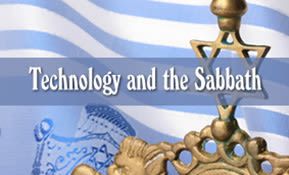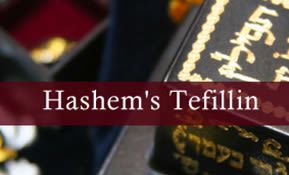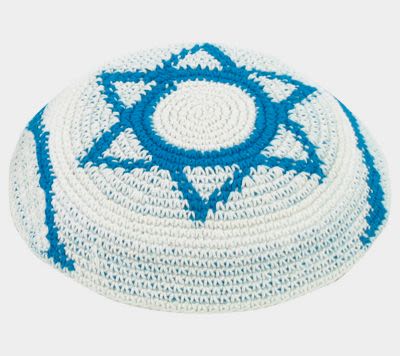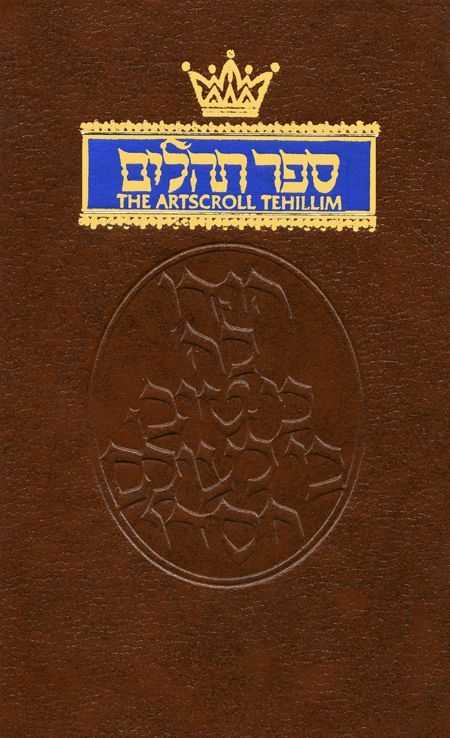
Pinchas: Refining Zeal
When G-d gave Pinchas a covenant of peace, He affirmed that Pinchas' act of zealotry — defending Israel from idolatrous influences — was performed with pure motives…

Translated by Rabbi Chanan Morrison
Parshat Pinchas
Pinchas' Lineage
When Pinchas saw a prince from the tribe of Shimon publicly cavorting with a Midianite princess, he took the law into his own hands. Using his spear, Pinchas killed them both. God praised his act of zealotry, rewarding him with the priesthood.
"Pinchas, the son of Elazar the son of Aaron the kohen, was the one who zealously took up My cause among the Israelites and turned My anger away from them." (Num. 25:11)
Why does the Torah need to point out Pinchas' lineage here? This is particularly puzzling, considering that the Torah just identified Pinchas three verses earlier.
The Midrash (Sanhedrin 82b) explains that the tribal leaders mocked Pinchas: "His maternal grandfather (Jethro) fattened up calves for idolatrous sacrifices — and he had the audacity to murder a prince of Israel!" Therefore, the Torah publicized Pinchas' lineage through his father's side, Aaron the High Priest.
Yet the Midrash requires clarification. Why was it so important to respond to these disparaging comments? Furthermore, what does it help if one of Pinchas' grandfathers was High Priest — his other grandfather was still a reformed idolater!
Pure Motives
Rav Kook explained that the Torah does not ordinarily approve of such acts of zealotry. Only if they were discharged purely for the sake of Heaven are they sanctioned.
Onlookers might have thought that Pinchas acted out of secondary motives. Perhaps he sought to demonstrate his faithfulness, despite a grandfather who was a convert. Therefore, the Torah emphasizes that Pinchas acted as Aaron's grandson. What characterized Aaron? The Sages wrote: "Be a disciple of Aaron, loving peace and pursuing peace, loving all people and drawing them near to the Torah" (Avot 1:12). Aaron, legendary for seeking the path of peace and reconciliation, would not have been suspect of ulterior motives. Pinchas' action, the Torah emphasizes, was worthy of his illustrious grandfather. He acted as befits the grandson of Aaron the High Priest, with selfless intentions and a pure heart.
Genuine Zealotry
"Pinchas… zealously avenged My cause among the Israelites…. Therefore, tell him that I have given him My covenant of peace." (Num. 25:11-12)
Why did God present Pinchas, the archetypical zealot, with a covenant of peace? What was the nature of this covenant?
The Prayer of Shemuel HaKatan
The Talmud (Berachot 28b) recounts that Rabban Gamliel, who headed the Sanhedrin in Yavneh after the destruction of Jerusalem, saw the need to make an addition to the daily prayer. The Jewish people needed heavenly protection against heretics and informers. But Rabban Gamliel had trouble finding a scholar capable of composing such a prayer.
In the end, Shemuel HaKatan ('Samuel the modest') agreed to formulate the prayer, called Birkat Haminim. Why was it so difficult to find a scholar to author this prayer? What made Shemuel HaKatan so qualified for the task?
By its very nature, prayer is a medium of harmony and understanding, full of kindness and love. Any scholar on an appropriate spiritual level is capable of writing prayers that are fitting for a holy and wise nation.
A prayer decrying slanderers and heretics, however, touches upon powerful emotions of hostility and anger. We naturally feel hatred towards our foes and the enemies of our people. To compose a fitting prayer against enemies requires an individual who is utterly pure and holy, one who has succeeded in eliminating all hatred and petty resentments from his heart. In order that such a prayer will be pure, its sole intention must be to limit the damage and correct the evil caused by the wicked, as they impede the world's spiritual and ethical progress. It is for the sake of this pure, unselfish motive that we plead that God vanquish the wicked and foil their evil plans.
Even though one's initial motives are pure, if he is subject to even the slightest feelings of animosity that are naturally aroused when one feels attacked, his thoughts will be tainted by personal hatred, and his prayer will deviate from the true intent. Only Shemuel HaKatan was a suitable candidate to compose this difficult prayer. His life's motto was "Do not rejoice when your enemy falls" (Avot 4:9). Shemuel succeeded in removing all feelings of enmity from his heart, even for personal enemies. Only this saintly scholar was able to compose a prayer against slanderers that would convey the feelings of a pure heart, expressing the soul's inner aspirations for complete universal good.
Refining Zeal
From Shemuel HaKatan we see that zealotry is not a simple matter. Zeal must be carefully refined to ensure that it is truly for the sake of heaven. As Rav Kook explained in Orot HaKodesh (vol. III, p. 244):
"We need to refine the attribute of zeal, so that when it enters the realm of the holy, it should be a pure zeal for God. Since zealotry often contains some slight influence of human failings, our powers of self-examination must determine its primary motive. We must ensure that it is not based on personal jealousy, which rots one's very bones, but rather a zeal for God, which provides a covenant of peace."
When God gave Pinchas a covenant of peace, He affirmed that Pinchas' act of zealotry — defending the Jewish people from idolatrous influences — was performed with pure motives. Only God could testify as to the purity of Pinchas' zeal, that he had acted solely for the sake of Heaven, without any admixture of pettiness or personal animosity. Pinchas' zeal was the product of his burning love for God, an expression of his desire to bring true peace (shalom) and perfection ("shleimut") to the world. (Gold from the Land of Israel, pp. 275-277. Adapted from Olat Re'iyah vol. I, p. 278)
* * *
Copyright © 2006 by Chanan Morrison. Rabbi Chanan Morrison of Mitzpeh Yericho runs http://ravkookTorah.org, a website dedicated to presenting the Torah commentary of Rabbi Avraham Yitzchak HaCohen Kook, first Chief Rabbi of Eretz Yisrael, to the English-speaking community. He is also the author of Gold from the Land of Israel (Urim Publications, 2006)












Tell us what you think!
Thank you for your comment!
It will be published after approval by the Editor.